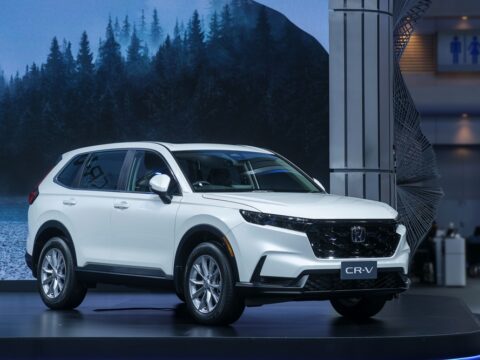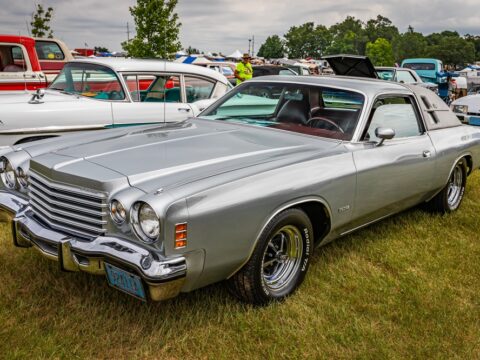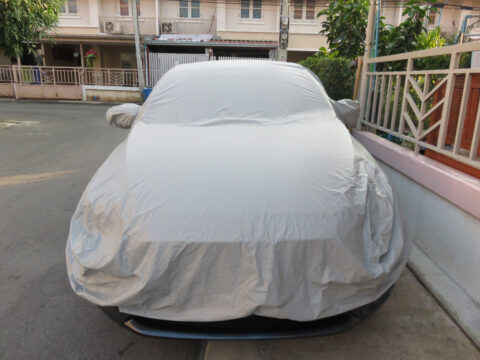Buying a car is a significant investment, and making mistakes can cost you a lot of money. In this article, we’ll highlight the 17 biggest car buying mistakes you should avoid. By being aware of these common pitfalls, you can save yourself from unnecessary expenses and make a smarter purchase. Let’s dive in and help you make a wise car-buying decision.
Contents
Skipping the Test Drive

Skipping the test drive is a major mistake when buying a car because it prevents you from experiencing the vehicle’s handling, comfort, and performance. Without driving the car, you might miss critical issues like uncomfortable seating, poor acceleration, or noisy cabin, which could lead to costly repairs or dissatisfaction with your purchase.
Not Doing Enough Research
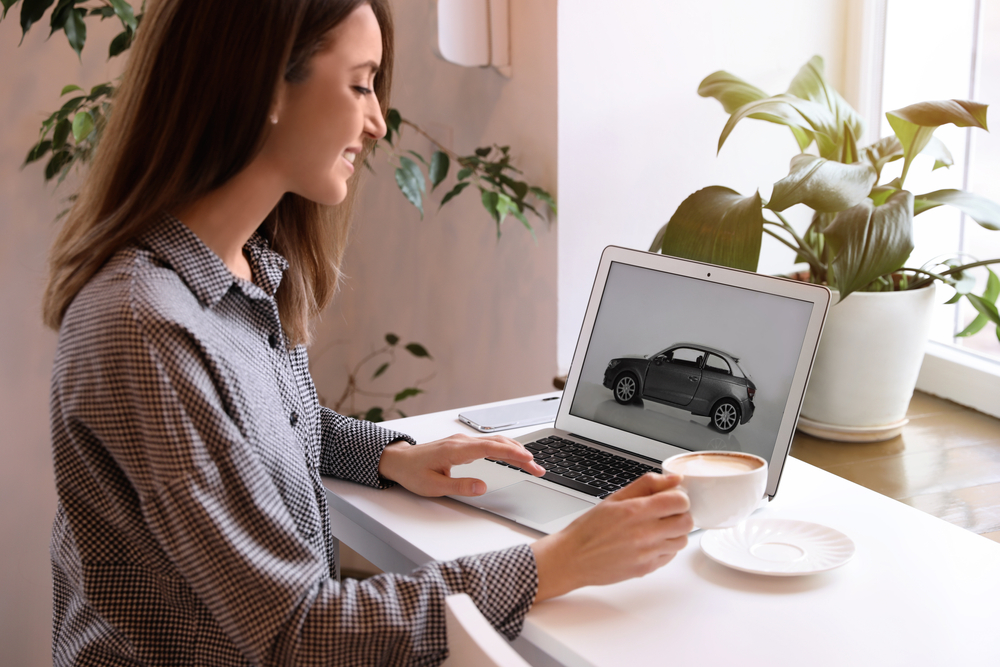
Not doing enough research can lead to overpaying or buying a car that doesn’t meet your needs. Researching helps you understand the car’s market value, reliability, and potential issues. It also allows you to compare different models, ensuring you get the best deal and a car that suits your requirements.
Ignoring the Total Cost of Ownership
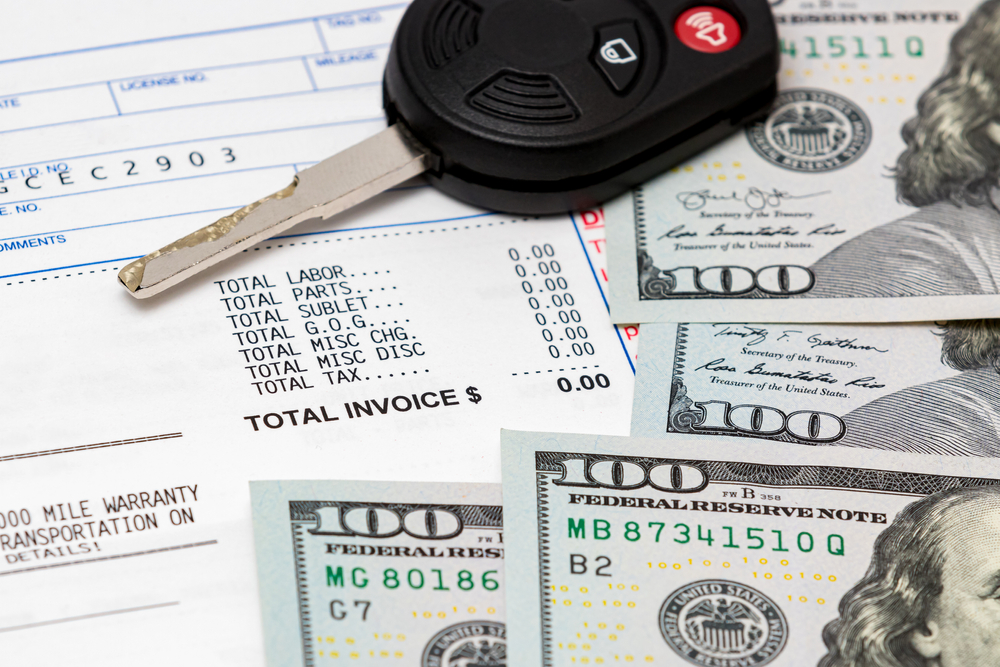
Ignoring the total cost of ownership can result in financial surprises down the line. Beyond the purchase price, consider ongoing costs like maintenance, repairs, fuel, insurance, and depreciation. A car that’s cheap upfront might have high running costs, making it more expensive over its lifetime.
Focusing Only on Monthly Payments
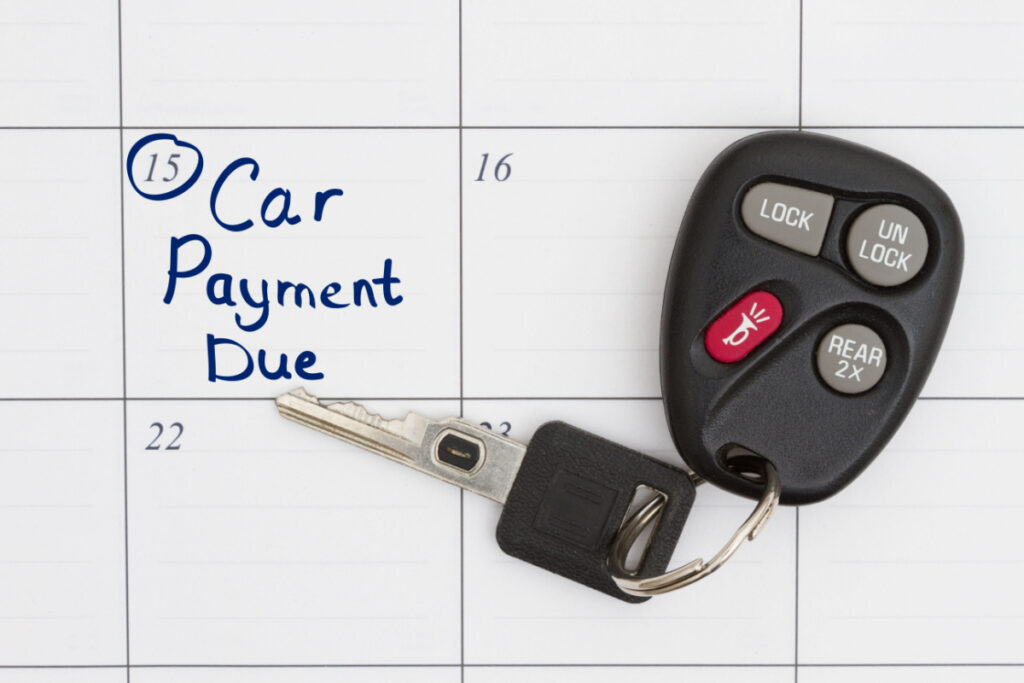
Focusing solely on monthly payments can be misleading. Dealers can extend loan terms to lower monthly payments, but this often means paying more interest over time. It’s important to look at the overall loan cost, including the total amount of interest paid, to ensure you’re not overpaying.
Not Checking the Vehicle History Report
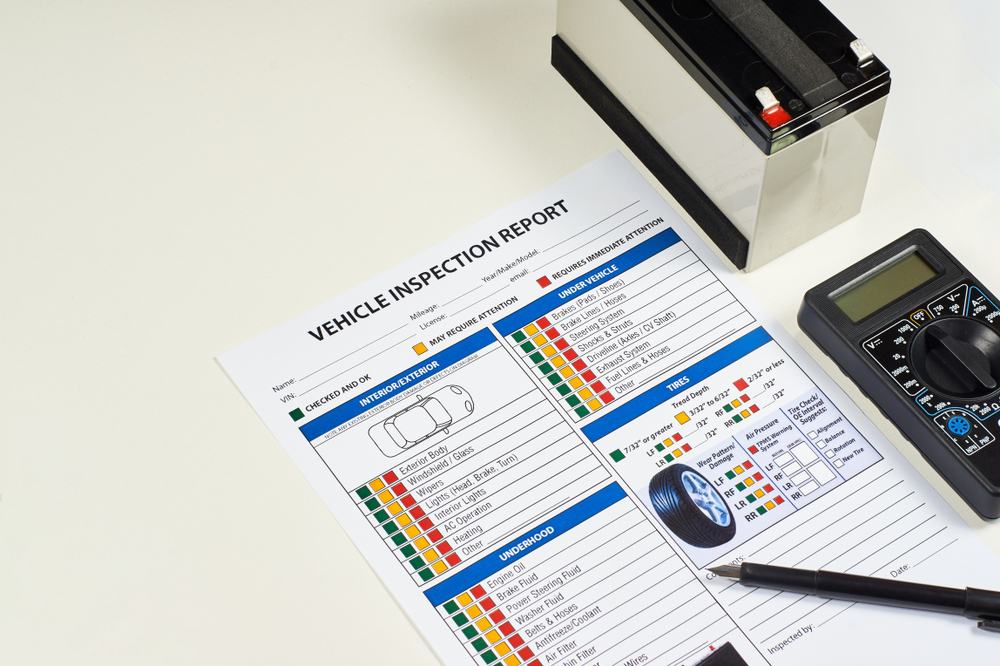
Not checking the vehicle history report for used cars can lead to buying a car with hidden issues. This report reveals past accidents, repairs, and ownership history, helping you avoid cars that might have serious underlying problems that could be expensive to fix.
Neglecting to Have the Car Inspected by a Mechanic

Skipping a pre-purchase inspection by a mechanic can result in unexpected repair costs. A professional can identify potential problems that aren’t immediately obvious, ensuring you don’t buy a car that needs significant repairs soon after the purchase.
Buying Based on Looks Alone
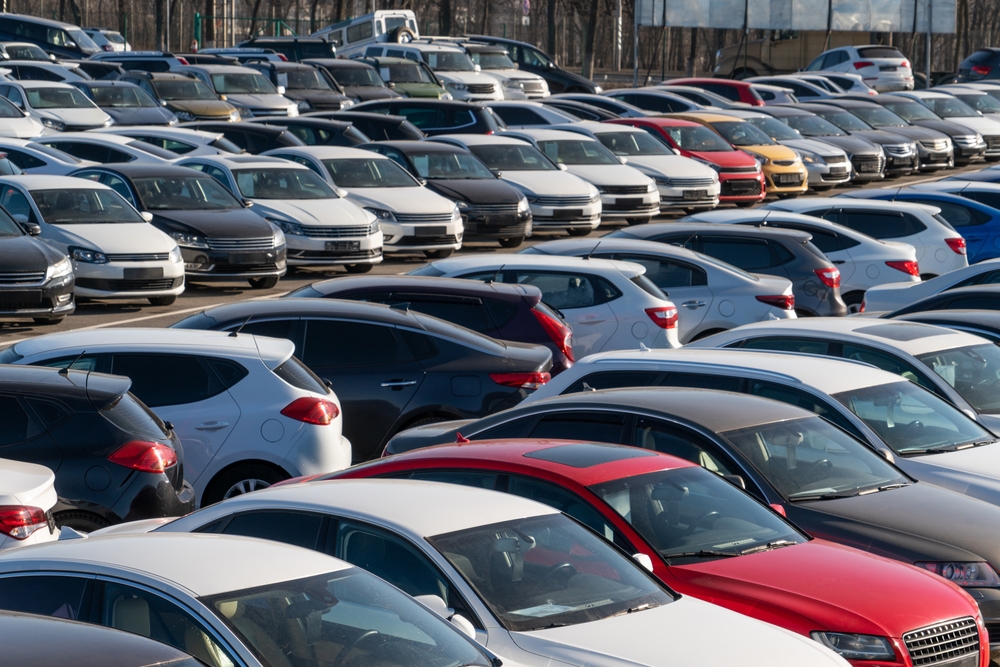
Choosing a car based on looks alone can lead to costly mistakes. Aesthetic appeal is important, but factors like reliability, safety features, and performance should take precedence. A beautiful car with poor reliability or safety ratings can end up costing more in repairs and insurance.
Overlooking Fuel Efficiency

Ignoring fuel efficiency can lead to high ongoing costs, especially with fluctuating fuel prices. A car with poor fuel economy can become a financial burden. Opt for a vehicle that offers good fuel efficiency to save money over time and reduce environmental impact.
Failing to Shop Around for Financing

Not shopping around for financing can result in higher interest rates and unfavorable loan terms. Comparing offers from banks, credit unions, and dealers can help you secure better rates and terms, potentially saving you thousands of dollars over the loan period.
Underestimating Insurance Costs
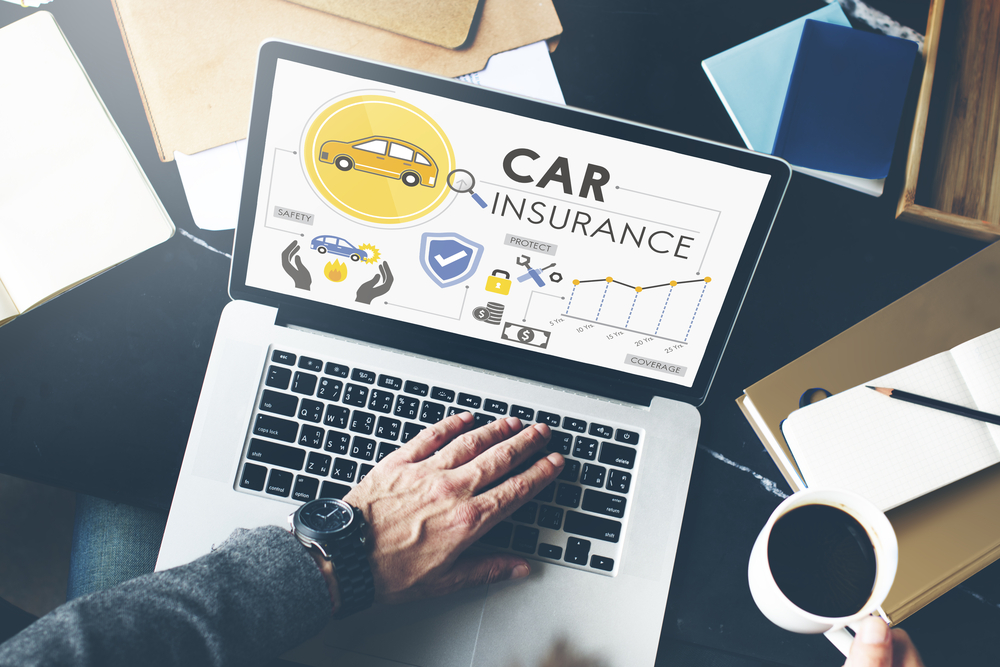
Underestimating insurance costs can strain your budget after the purchase. Insurance premiums vary based on the car’s make, model, and safety features. Getting insurance quotes before buying helps you understand the full cost of owning the vehicle and avoids surprises.
Not Negotiating the Price

Accepting the sticker price without negotiation can cost you a significant amount. Car prices are often marked up, and dealers expect negotiations. Research the fair market value of the car and be prepared to negotiate to get the best possible deal.
Buying Unnecessary Add-ons and Extras
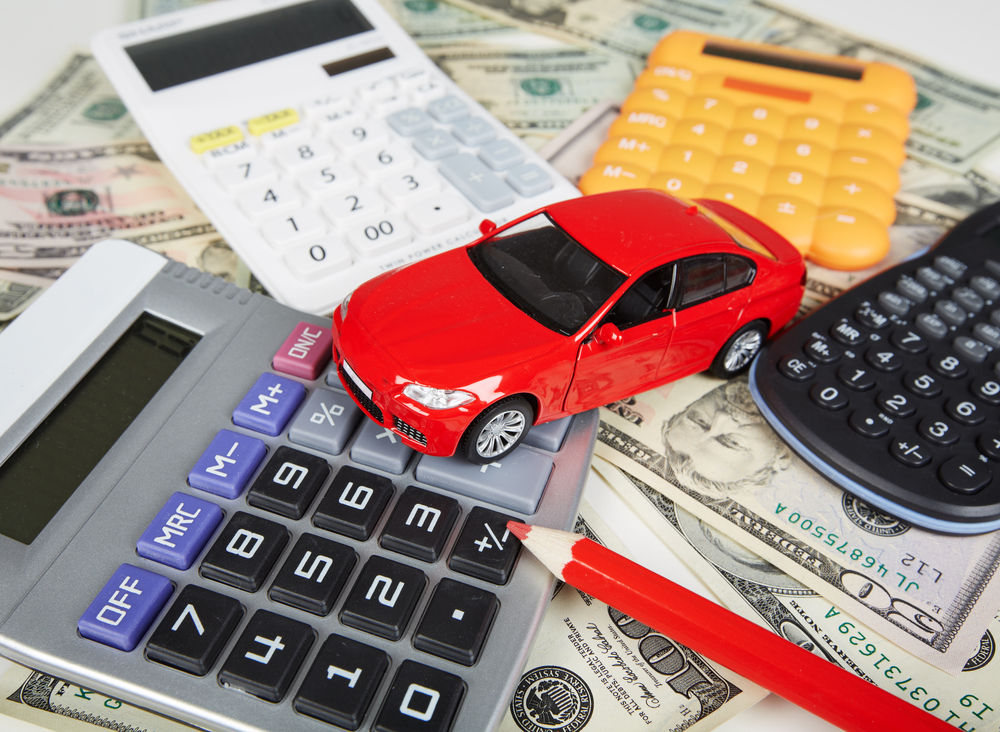
Purchasing unnecessary add-ons and extras can quickly inflate the car’s cost. Dealerships often push features like extended warranties, paint protection, and accessories that might not be essential. Evaluate whether these add-ons offer real value before committing to them.
Ignoring Certified Pre-Owned Options
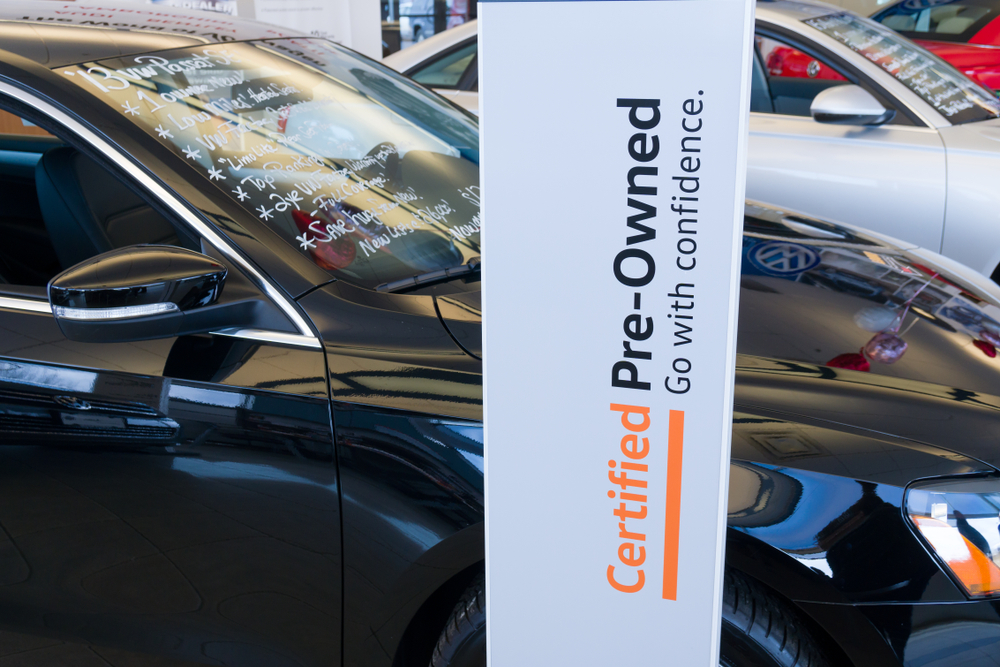
Overlooking certified pre-owned (CPO) vehicles can be a mistake if you’re buying used. CPO cars are typically more reliable as they undergo rigorous inspections and come with extended warranties, offering a middle ground between new and regular used cars.
Failing to Consider Depreciation
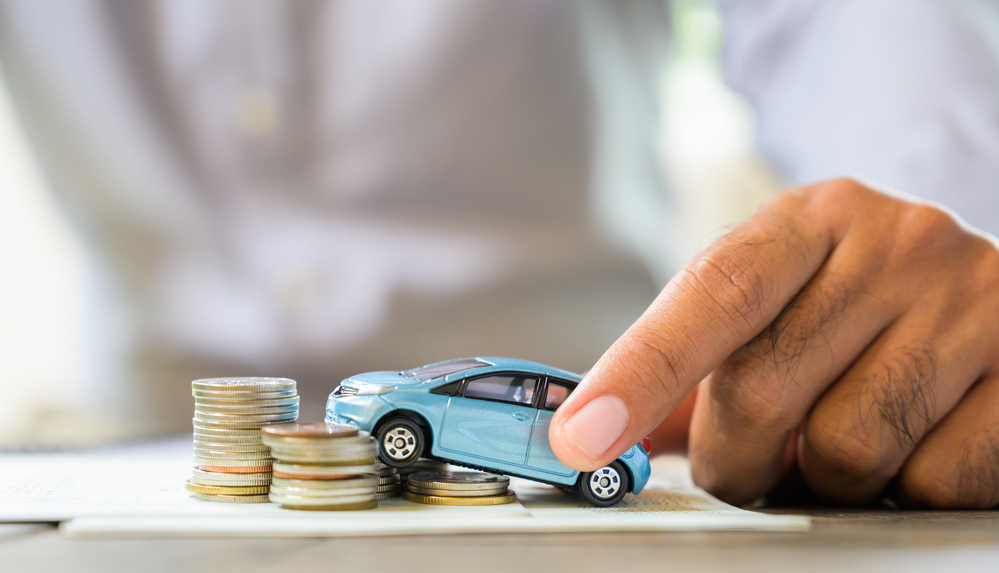
Not considering depreciation can cost you when it’s time to sell or trade in your car. Some cars depreciate faster than others. Understanding a vehicle’s depreciation rate can help you choose one that retains its value better, saving you money in the long run.
Rushing the Purchase Decision

Rushing the purchase decision can lead to buyer’s remorse and financial strain. Take your time to evaluate your options, compare different models, and understand the terms of the purchase. A hasty decision often results in overlooking critical details and making poor choices.
Not Understanding the Warranty Terms
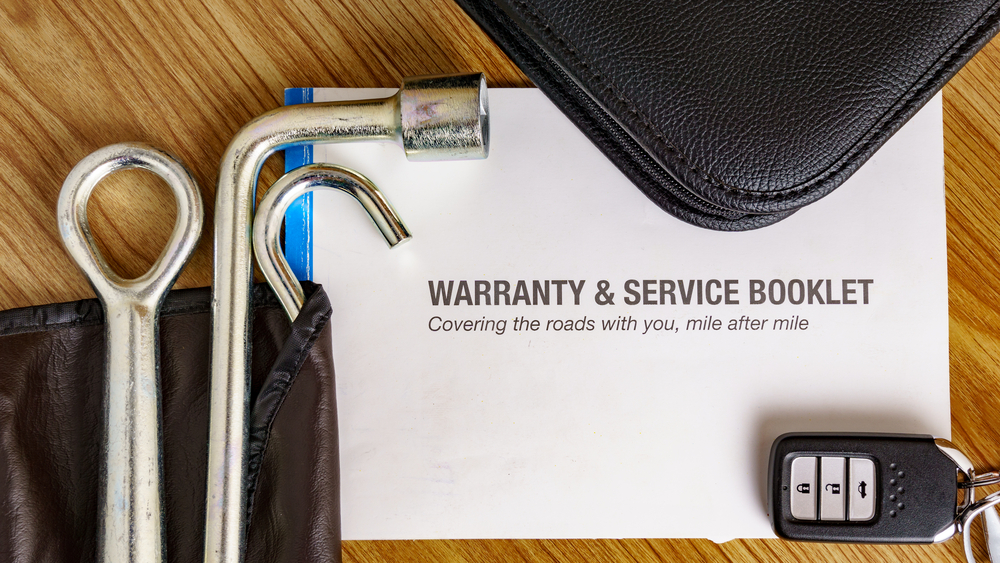
Failing to understand the warranty terms can lead to unexpected expenses. Warranties vary in coverage and duration. Knowing what is and isn’t covered can save you from costly repairs and ensure you get the most out of your warranty.
Trading in Your Car Too Quickly
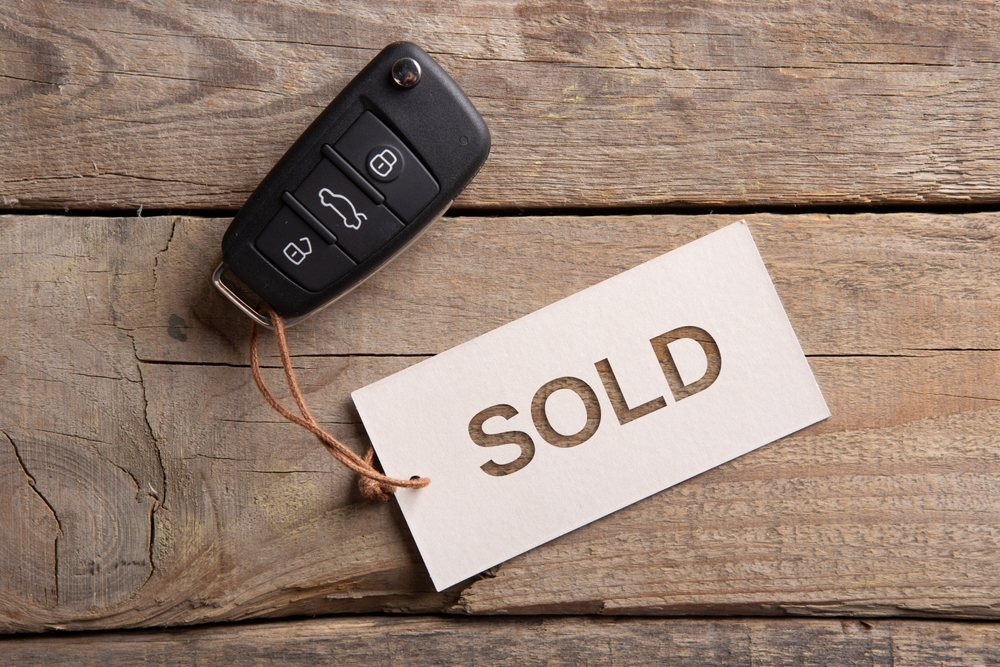
Trading in your car too soon can result in financial loss due to depreciation. Cars lose value quickly in the first few years. Keeping your car longer allows you to maximize its value and avoid the high costs associated with frequent trade-ins.
This article originally appeared in MyCarMakesNoise.
More from MyCarMakesNoise
11 Hidden Gems in the Motorcycle World

Motorcycles have long captured the imagination of enthusiasts worldwide, not just for their speed and freedom, but also for their rich histories and unique designs. Among the countless models produced over the decades, some stand out as true hidden gems – bikes that have pushed boundaries, set new standards, or captured the hearts of those lucky enough to ride them. Read More
13 Little-Known Hybrids with Great Efficiency

Hybrid vehicles have come a long way since their inception, evolving into diverse models that cater to varying tastes and needs. Yet, beyond the well-touted giants of the segment like the Toyota Prius, there exists a plethora of lesser-known hybrids that offer exceptional fuel efficiency and environmental benefits. Read More
15 Surprisingly Affordable Exotic Cars

Exotic cars often evoke images of sleek designs, roaring engines, and, unfortunately, eye-watering price tags. However, the dream of owning a high-performance sports car doesn’t always have to come with a luxury cost. Read More

